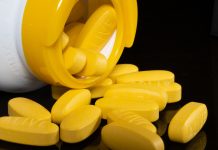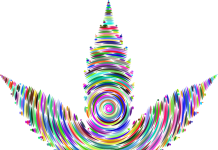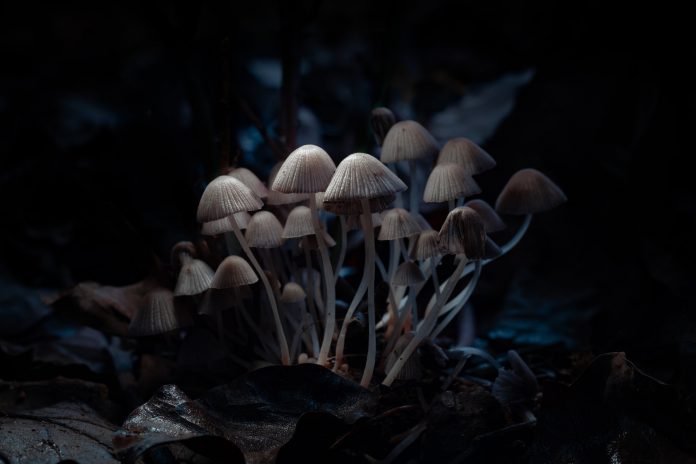There was a gap of thirty years between the outlawing of the production and use of psilocybin and the beginning of the first legally permitted study on psilocybin-based psychedelics. After a hiatus of nearly three decades, psychedelic research was eventually restarted. In 2000, Johns Hopkins University became the first institution to be authorized to resume psychedelic research in otherwise healthy individuals. The revival of research that had been dormant for decades has helped researchers understand how psilocybin may be used to successfully treat various mental health conditions, including addiction, anxiety, and depression.
A popular myth is that if psilocybin is medically legalized, individuals would be able to purchase it from dispensaries and consume it at home, similar to cannabis. Quite the reverse. According to the medical paradigm, psilocybin would only be provided in specialist clinics staffed by properly qualified medical experts.
Let’s look at the here and now to figure out where we are in reality.
The Summary Behind The Legality Of Psilocybe Cubensis:
Psilocybin is classified as a Schedule I drug in the United States, meaning its possession or use is against the law. Even if some jurisdictions have taken steps toward decriminalizing the substance, we are still a long way from fully legalizing it. One state, Oregon, is an exception since it has recently approved psilocybin for medical usage under supervision.
However, even if regulations make it illegal to possess psilocybin-containing mushrooms, their spores may be bought and sold legally in most states. It is only unlawful to cultivate them in large quantities. Therefore, it is typically acceptable to buy psilocybin mushroom spores and have them in one’s possession to do research using a microscope or for use as a collectible object.
Only the states of California, Idaho, and Georgia have laws that specifically prohibit the sale of spores and their possession. The remaining 47 states have relatively loose legal standards to adhere to.
Conclusion:
In a nutshell, the mushrooms themselves are illegal, but the spores needed to create them are not. This is the case in the majority of states. There are many cases of patients who want to use psilocybin cubensis for pain management and other medical reasons. They still have to cope with DEA policies and decisions about availability to psilocybin mushrooms or magic mushroom spore anticancer treatment. The psilocybin industry in the USA is constantly modifying and updating to meet therapeutic challenges.





















